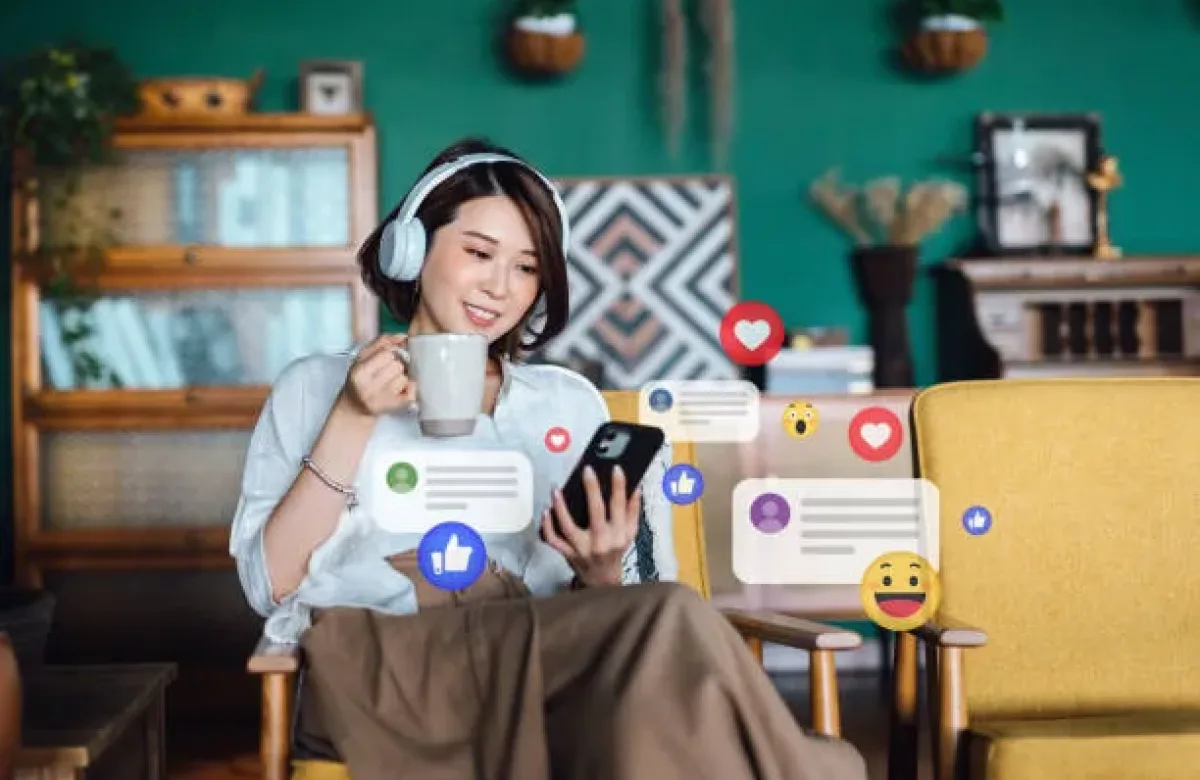Digital Marketing in 2024: Is Traditional SEO Dead?
Digital marketing in 2024 has sparked a heated debate in the industry: Is traditional SEO dead? With the rapid evolution of artificial intelligence (AI), the rise of zero-click searches, and the dominance of social media algorithms, many marketers are questioning the relevance of old-school SEO strategies. Let’s delve into why some believe traditional SEO is on its last legs—and why others think it’s more vital than ever.
The Rise of AI and Its Impact on SEO
Artificial intelligence has transformed the digital marketing landscape, and its impact on SEO is undeniable. AI-powered algorithms now determine search engine rankings, analyze user intent with unprecedented accuracy, and even generate content that ranks well on Google. Tools like ChatGPT, Jasper, and Bard can create blog posts, product descriptions, and meta tags faster than any human—and often with higher keyword density.
This begs the question: if AI can handle the technical aspects of SEO, do marketers even need to bother with traditional strategies? Why spend hours researching keywords and crafting meta descriptions when AI can do it in seconds?
The Controversy: Critics argue that relying on AI-generated content will lead to a homogenized web, where unique voices and creative expression are stifled. They fear that as more brands adopt AI-driven SEO, the internet will become flooded with generic, soulless content designed purely for ranking.
Zero-Click Searches: The End of Organic Traffic?
Zero-click searches—where users get their answers directly from search engine results pages (SERPs) without clicking through to a website—are on the rise. Featured snippets, knowledge panels, and instant answers are becoming the norm, and they’re drastically reducing organic traffic to websites.
For digital marketers, this is a nightmare scenario. SEO strategies traditionally focused on driving traffic to a site are becoming less effective. When Google provides answers directly, the need to visit a website diminishes, leading to a significant drop in page views and, subsequently, conversions.
The Controversy: Some experts believe this signals the death of traditional SEO. Why optimize for clicks when there are no clicks to be had? Instead, they suggest focusing on visibility within these zero-click features—essentially optimizing content for Google, not for users. But is this a sustainable strategy, or are we just playing into Google’s hands?
The Social Media Takeover
In 2024, social media algorithms have become the gatekeepers of online visibility. Platforms like TikTok, Instagram, and LinkedIn prioritize content that drives engagement, often sidelining SEO-driven content that doesn’t perform well with their algorithms.
For many brands, social media has become the primary channel for reaching audiences, with search engines taking a backseat. Influencers and content creators are increasingly seen as the new face of digital marketing, leveraging their personal brands to drive traffic and conversions more effectively than traditional SEO could ever hope to achieve.
The Controversy: Is SEO even necessary in a world where social media reigns supreme? If algorithms on these platforms favor engaging content over SEO-optimized content, does it make sense to invest heavily in traditional SEO tactics? Some argue that brands should shift their focus entirely to social media, using SEO only as a secondary strategy.
The Argument for Traditional SEO
Despite the challenges and shifts in the digital landscape, many marketers still believe in the power of traditional SEO. They argue that, while the tactics may need to evolve, the fundamental principles of SEO—optimizing for user experience, creating valuable content, and building authority—are as important as ever.
AI and algorithms may change the way we approach SEO, but they don’t change the fact that search engines remain a critical source of traffic. Organic search still drives significant conversions, and for many businesses, it remains the most cost-effective way to attract new customers.
The Controversy: Traditionalists argue that abandoning SEO in favor of AI-driven strategies and social media is short-sighted. They believe that a balanced approach, where SEO, AI, and social media strategies are integrated, is the key to long-term success. But can this balance be achieved, or are we headed toward an inevitable SEO apocalypse?
Conclusion: The Future of Digital Marketing
As we move further into 2024, the debate over the relevance of traditional SEO is far from settled. The rise of AI, the dominance of zero-click searches, and the social media takeover have undoubtedly disrupted the status quo. However, whether these changes signal the end of traditional SEO—or simply a need to adapt—is still up for debate.
What’s clear is that digital marketers must stay agile, ready to pivot their strategies in response to the rapidly changing landscape. Whether you’re in the camp that believes SEO is dying or the one that insists it’s here to stay, one thing is certain: the digital marketing world in 2024 is more complex—and more controversial—than ever before.
#DigitalMarketing2024 #SEO #AIDrivenMarketing #SocialMediaMarketing #ZeroClickSearches #ContentMarketing #MarketingDebate #SearchEngineOptimization #OnlineVisibility #MarketingTrends #ControversialMarketing #SEOStrategy
Digital Marketing Agency



